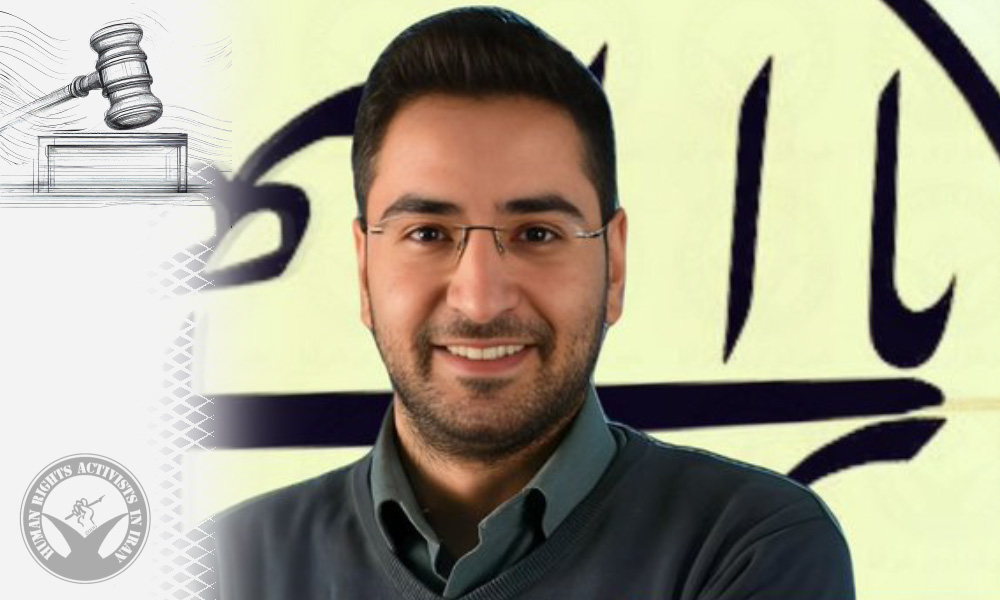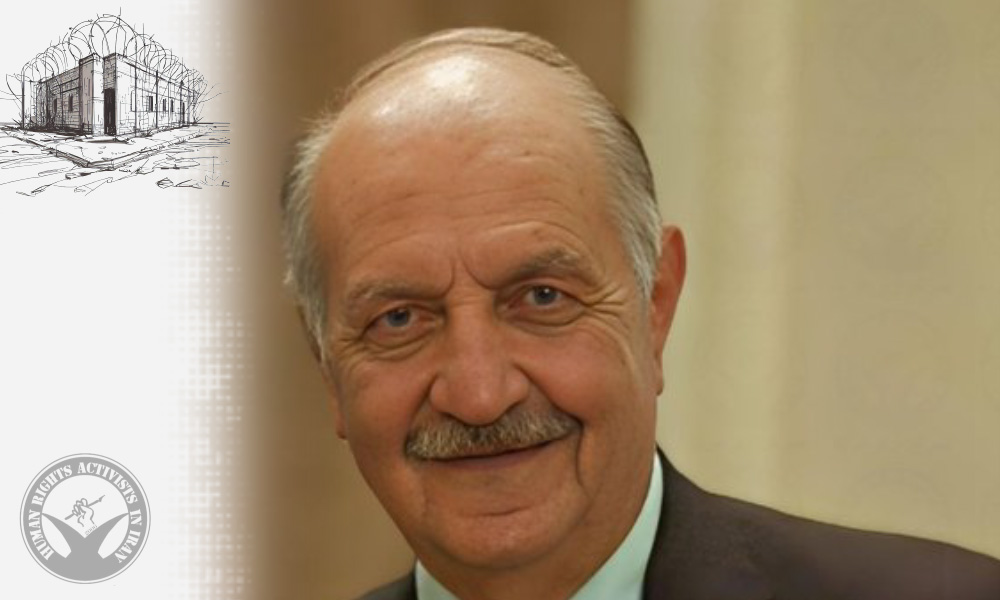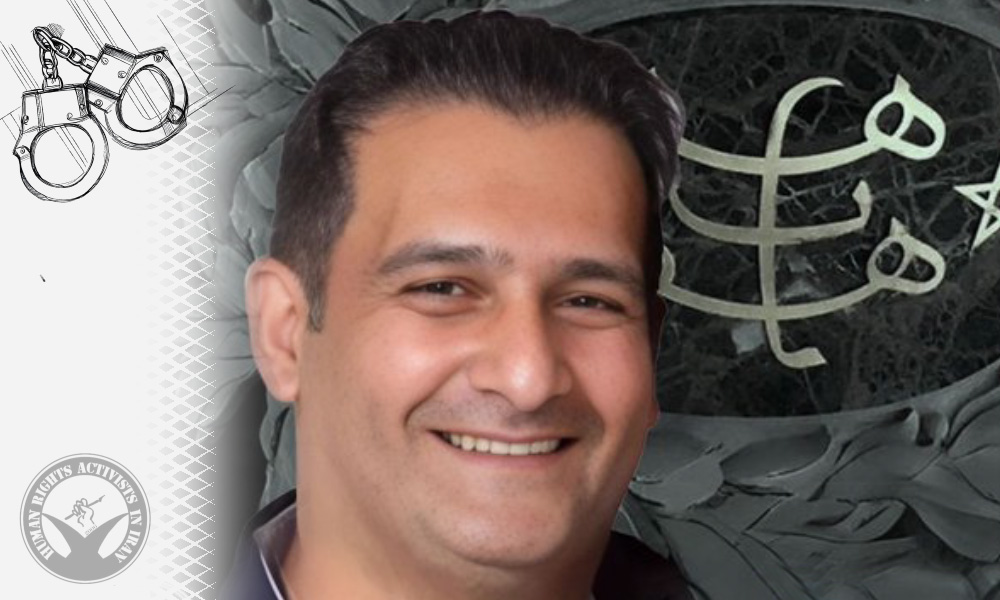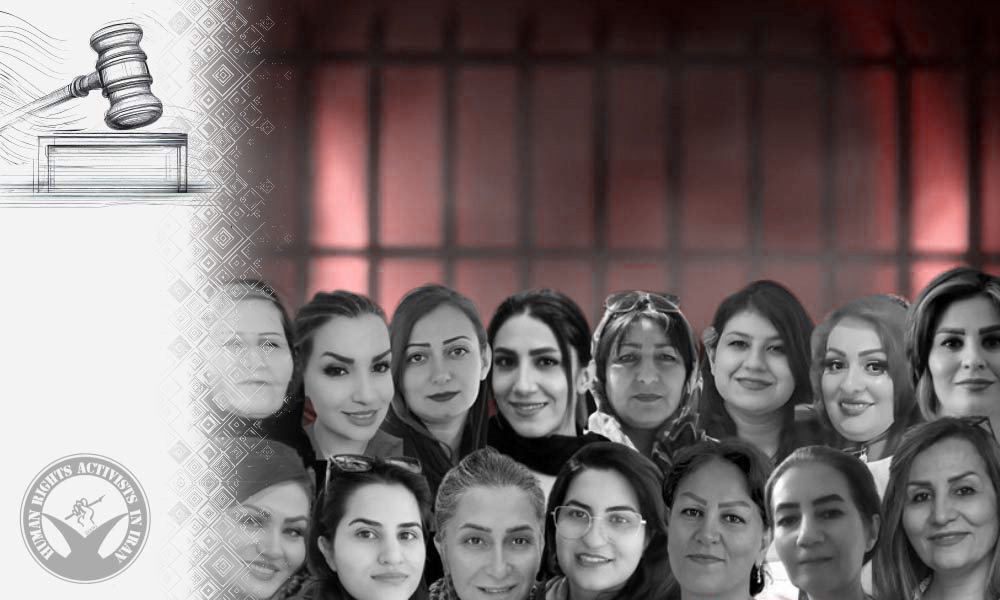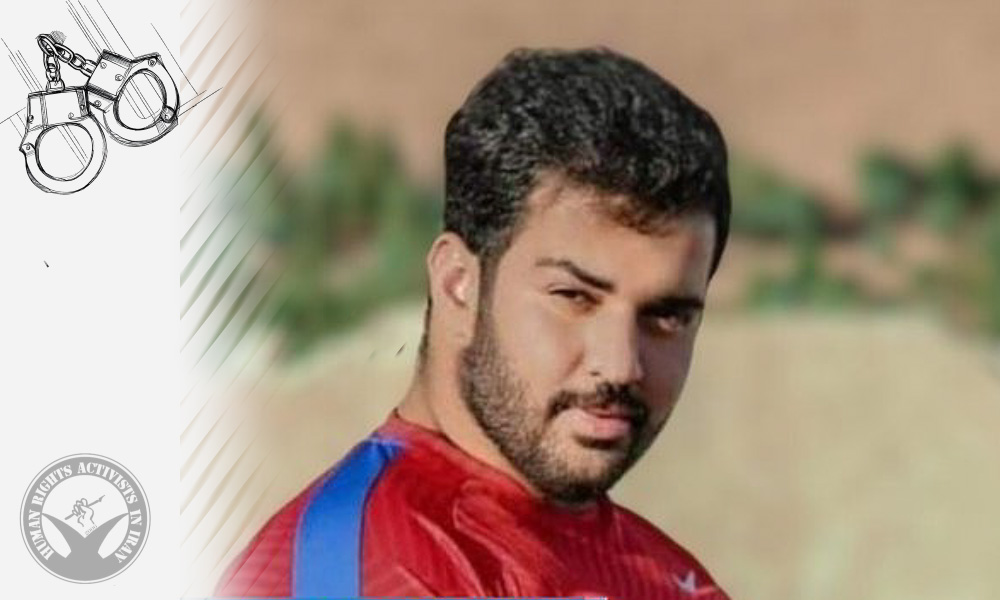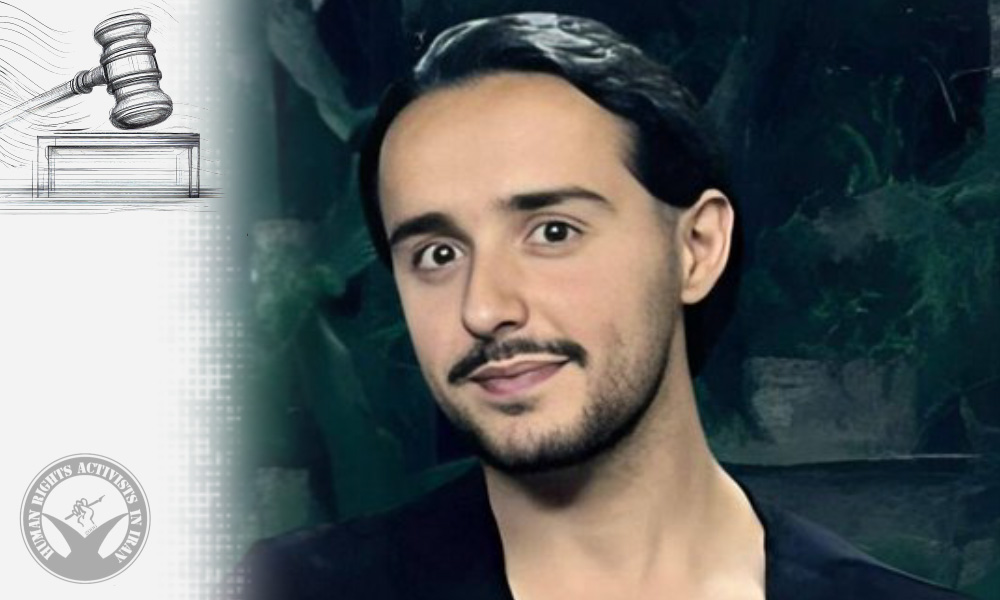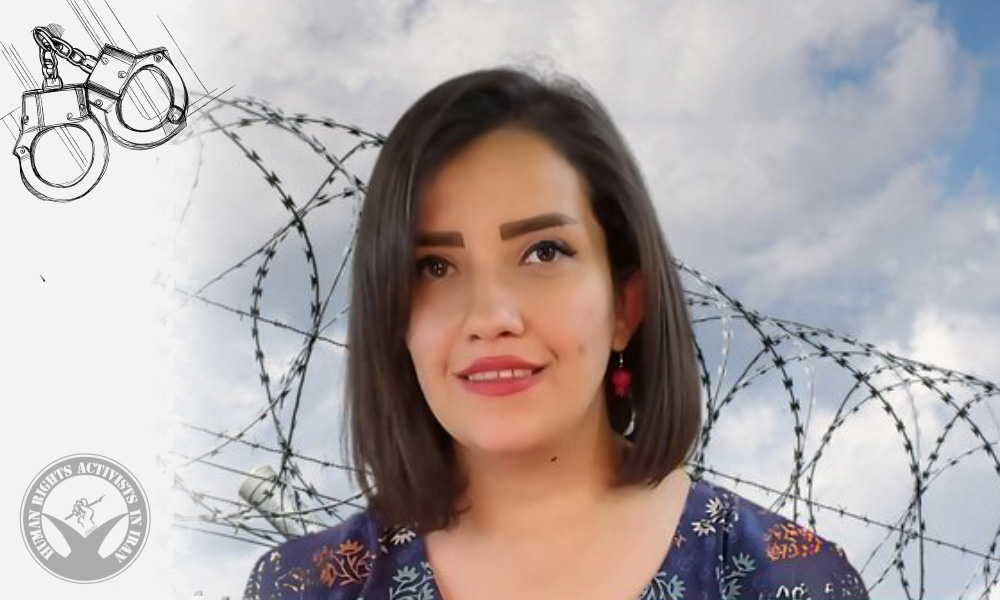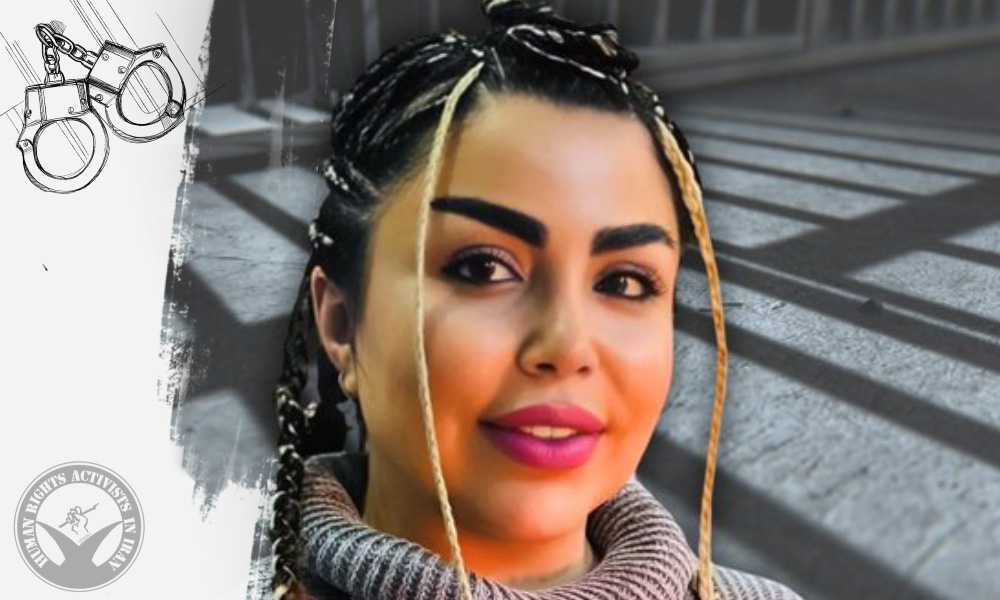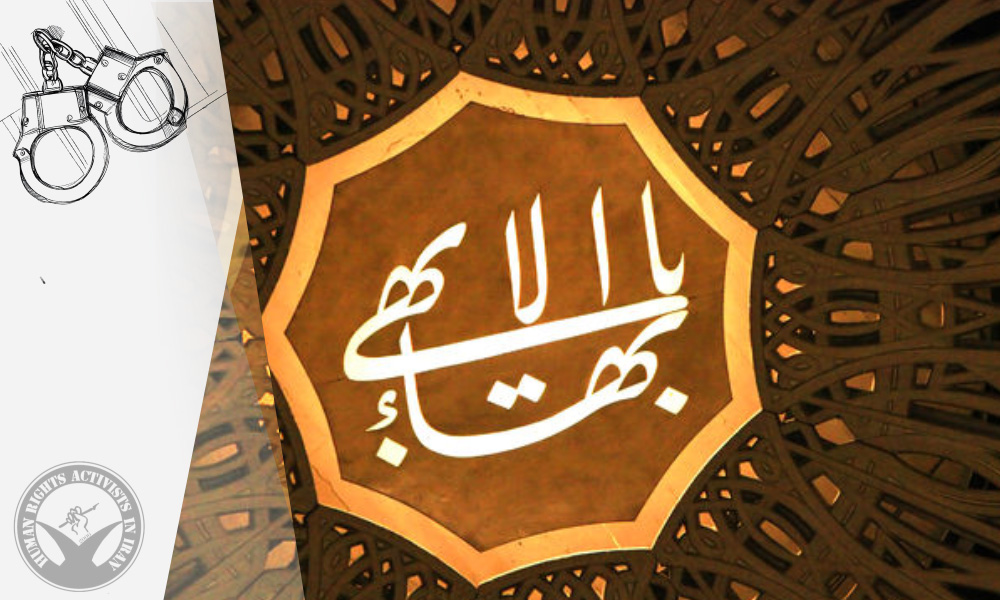Faraz Razavian, a Baha’i citizen, has been sentenced by the Rasht Revolutionary Court to two years and one day in prison, along with a fine and social restrictions.
According to the verdict from Branch 3 of the Rasht Revolutionary Court, Razavian has been sentenced to two years and one day of imprisonment, a fine of 80 million Tomans (approximately $1,500), and five years of deprivation of social rights.
A source close to Razavian’s family confirmed to HRANA that he had not been previously arrested or interrogated. The source explained that during a recent trial for Razavian’s mother, Mojgan Samimi, at the same court, Faraz Razavian was unexpectedly named as a defendant. Both Razavian and his mother were sentenced for engaging in educational activities and promoting the Baha’i faith. After Razavian’s lawyer requested a separate hearing, the court convened again but reissued the same sentence.
Baha’is are subjected to violations of their religious rights, comprising 82% of reports on infringements against religious minorities, according to HRA’s 2023 annual report.
The Baha’i faith is not recognized as a legitimate religion by Iranian authorities, leading to systematic and longstanding violations of the rights of Baha’is in the country. This includes the denial of their fundamental right to practice their religion, which constitutes a clear breach of both Article 18 of the Universal Declaration of Human Rights and Article 18 of the International Covenant on Civil and Political Rights. The United Nations covenant holds that every person has the right to freedom of religion, freedom of converting religion, as well as freedom of expression, individually or collectively; openly or secretly.



